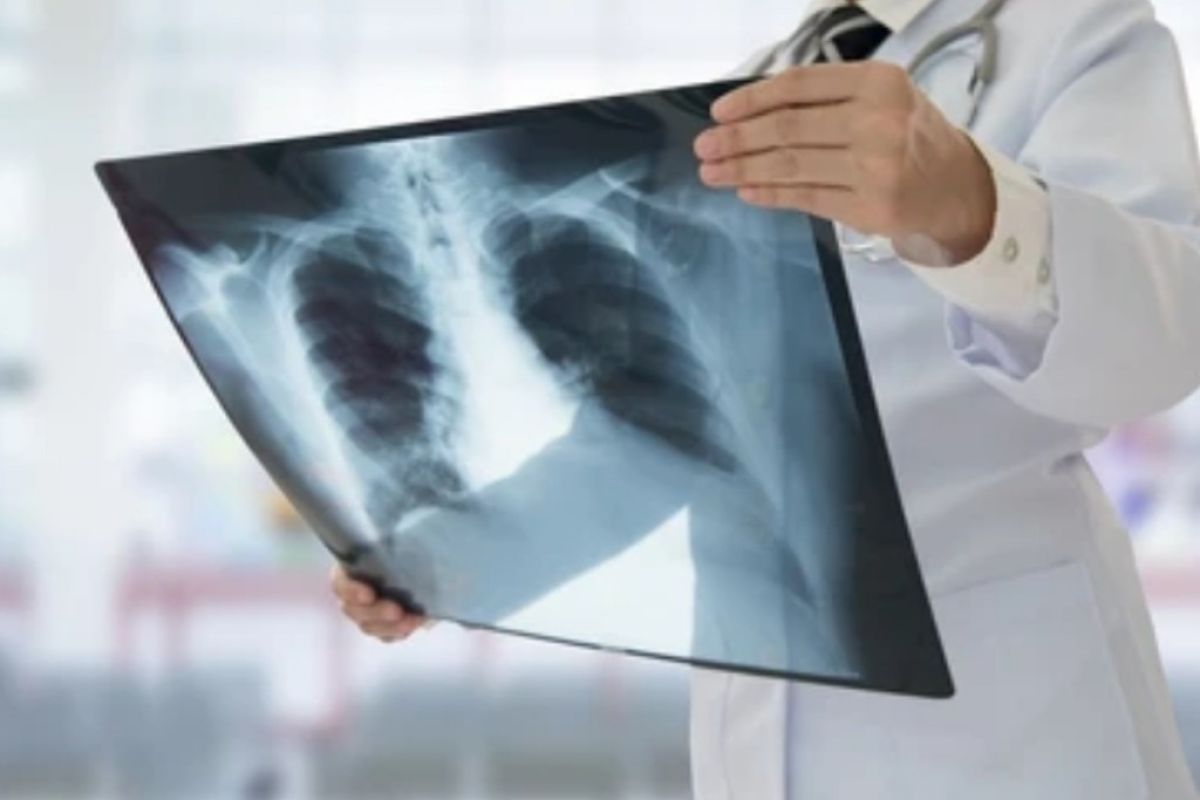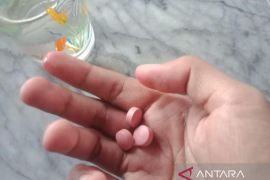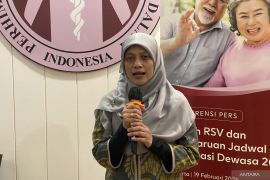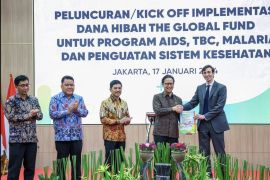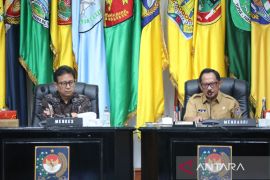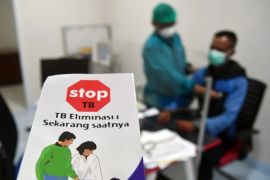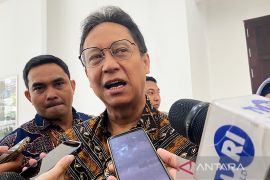"Apart from the community, at the end of this year, we will conduct random health checks on traditional market traders in Yogyakarta to look for tuberculosis (TB) cases," the service's Head of Disease Control Prevention, Health Data Management, and Information System, Lana Unwanah, noted in Yogyakarta, Saturday.
Unwanah highlighted the importance of conducting medical examinations for traditional market traders, as the market environment is one of the places where disease transmission is prone to occur.
"The market is a meeting place for traders and consumers from various regions, so the location is quite prone to transmit various diseases, including TB," Unwanah remarked.
Earlier, the health service carried out TB treatment through passive case finding, such as by treating patients coming to healthcare facilities with certain complaints that later tested positive for TB.
However, TB treatment methods were then shifted to active case finding, such as conducting health checks in the community.
"Active case finding must be carried out because TB is a disease that requires a long process and development time, so the potential for transmission is wider," she pointed out.
She noted that people with good immunity, who have been exposed to TB, can also transmit the disease to other people.
In Yogyakarta, active case finding started from the Gondomanan Sub-district that had become a pilot project in 2020 and was then carried out in all sub-districts in 2021.
"(It is) because the examination equipment and the health team are limited, and the health checks are carried out in shifts," Unwanah explained.
Based on epidemiological calculations, the city was able to conduct health checks on at least 1,458 people per year, she stated.
If results of the health examination are negative, residents are urged to continue to adopt a clean and healthy lifestyle to avoid disease transmission.
However, if the test result came positive but the residents were asymptomatic, then they will be given TB prevention therapy drugs (TPT), while positive residents with symptoms will receive treatment according to the provided drug guidelines, she stated.
Unwanah emphasized that all treatments received must be adhered to avoid drug resistance in patients. Drug-resistant patients would require a longer and more aggressive line of treatment.
From the positive cases found, contact investigations were conducted by examining close contacts, usually families living in the same house.
"The examination was conducted on about 20 close contacts of the patient," she stated.
The Yogyakarta City Health Service also routinely gives awards to patients and their companions, who successfully complete TB treatment.
"(It is) because TB treatment takes a long time and usually the number of drugs is quite large and to complete the treatment requires a strong commitment. We provide support in the form of monetary rewards," Head of the Yogyakarta City Health Service Emma Rahmi Aryani stated.
The total reward given to patients and their companions amounted to Rp750 thousand.
Related news: Ministry seeks communities' active role in tuberculosis elimination
Related news: TB mitigation not just about medication: ministry
Related news: Crucial to examine TB patients' close contacts: Health Ministry
Translator: Eka Arifa Rusqiyati, Resinta S
Editor: Sri Haryati
Copyright © ANTARA 2022
